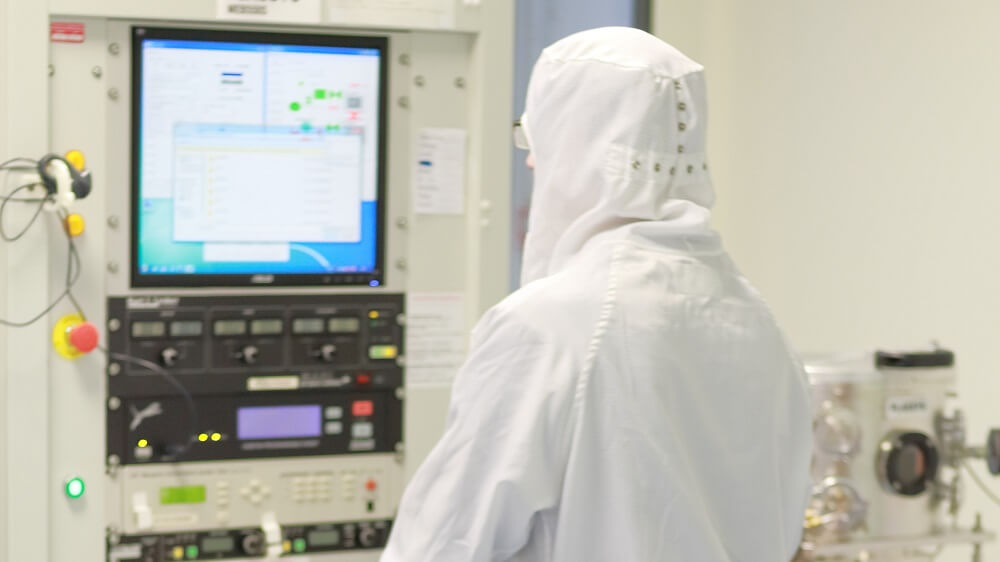(Updated December 17, 2019) | According to researchers, computerized hearts are 20 percent more effective than testing on animals. Ethical, cost-effective alternatives such as this could put an end to medical animal testing.
Last year, the Oxford University Computational Cardiovascular Science team announced that computerized models of the human heart predict side effects from medicine more effectively than animal testing.
The research says that human “in silico” — computerized — trials “demonstrate higher accuracy than animal models in predicting clinical pro-arrhythmic cardiotoxicity.”
The researchers’ computer model was able to assess the risk of arrhythmias in human users with an 89-96 percent accuracy. In contrast, animal testing predicted risk with a 75-85 percent success rate.
This means that using computer models in place of animals lowers the risk of side effects in future patients by 20 percent.
“We took 62 drugs such as painkillers, antihistamines or antibiotics, many of which are on the market,” says lead author and senior researcher Elisa Passini. “And we looked for biomarkers indicating the risk of arrhythmias in our simulations.”
“We compared our results with what is known about these drugs,” continues Passini. “For example, there are reports of patients who have had a cardiac episode while taking these drugs. We compared our results with these reports and that’s how we calculated the accuracy.”
Passini detailed the 2017 results for the academic news website The Conversation in September 2018. Passini suggests that computer simulations are more cost-effective, less time-consuming, and less controversial.

Ending Animal Testing
Cosmetic animal testing is already banned in Britain. However, many chemicals used in cleaning products are still tested on animals. Farming, medical, and industry research also carry out experiments on live animals.
Naturewatch Foundation, a UK-based charity that aims to advance global animal welfare, says that around four million animals — including cats, dogs, mice, rats, fish, primates, and horses — are used in procedures every year.
While many believe animal testing is essential for medical research, others maintain that it is inhumane and unnecessary. The Physicians Committee of Responsible Medicine (PCRM), a nonprofit health and research organization that promotes a plant-based diet, stands against any use of animals in medical experiments.
The U.S. Environmental Protection Agency (EPA) announced earlier this year that it plans to ditch animal testing. The agency intends to cut back by 30 percent on requests and spending on animal testing by 2025. The EPA has also said it hopes to eliminate 100 percent of requests and funding by 2035.


